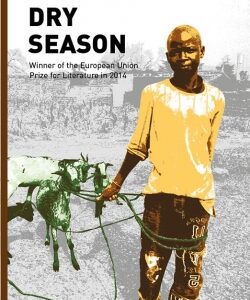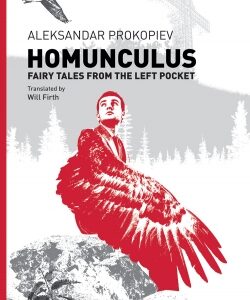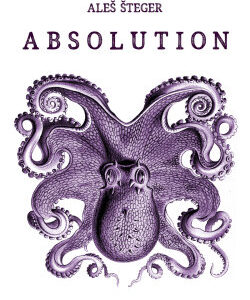Author: Mircea Eliade
Translated by Christoperh Bartholomew. With a foreword by Prof. Bryan Rennie and an afterword by Sorin Alexandrescu, Eliade’s nephew.
ISBN: 978-1-908236-34-0
Gaudeamus (Let us Rejoice) is the second autobiographical novel written by the author about his university years, and follows on from his Diary of a Short-Sighted Adolescent, described by the Guardian’s Nick Lezard as ‘Romania’s Adrian Mole’.
In this exuberant and touching portrait of youth, Eliade recounts the fictional version of his university years in late 1920’s Bucharest. Marked by a burgeoning desire to ‘suck out all the marrow of life’, the protagonist throws himself into his studies; engaging his professors and peers in philosophical discourse, becoming one of the founding members of the Student’s Union, and opening-up the attic refuge of his isolated teenage years as a hotspot for political debate and romantic exploration.
Readers will recognize in these pages the joy of a life about to blossom, of the search for knowledge and the desire for true love. Already an accomplished writer as a young man, this follow-up to his Diary of a Short-Sighted Adolescent reveals a keen observer of human behaviour, a seeker of truth and spiritual fulfilment whose path would eventually lead him to become the ultimate historian of 20th-century religions.
The young Eliade both makes himself and writes himself with a fury. Jules Payot’s The Education of the Will, Giovanni Papini’s The Failure (in which the protagonist confesses to having “the disease of greatness in my brain”), Miguel de Unamuno’s “tragic sense of life,” the all-or-nothing of Henrik Ibsen’s Brand, Søren Kierkegaard’s renunciation of his beloved — Eliade imbibes it all in his singular dream: to become a hero.
Maria Rybakova, The LA Review of Books
“Seasons last an eternity or are gone in a flash as romances wither and blossom, committees are filled, wine is shared and songs are sung (including the titular “Gaudeamus”, an ode to the joys of university life). He writes beautifully about nature and the buzz of student gatherings..”
James Smart, the Guardian
“…in Gaudeamus, a celebration of his student years written in 1928, at the age of twenty-one, Eliade expressed his love of his homeland by linking its recent formation as Greater Romania to his own aspiration: “Maybe my consciousness will, after much struggle and progress, come to reflect the soul of the country”
Amanda Hopkinson, The Times Literary Supplement
“Lust features prominently — typical late-teen frustrated lust, him having: “the same mediocre sex life as everybody else, dependent on pure chance”. His higher spiritual ambitions are in constant conflict with his base desires, a major theme of the novel.”
Michael Orthofer, The Complete Review
“…the reader will be inspired by Eliade’s endless struggle against mediocrity and human weakness, and his eternal quest to become a hero or a demiurge through renunciation and sacrifice. His honesty is endearing; his willpower is humbling; and his countless questions and tormented emotions reveal he is not only a superb thinker but also a seeker of truth.”
Cristina Muresan, European Literature Network
Reviews for Diary of a Short-Sighted Adolescent:
‘. . .playful, ludicrous and very good teen journal, in English for the first time’
“Eliade may be describing the life of a student in a Romanian lycée of almost a century ago, but anyone who has ever been at school, full of ideals but also too shy to speak to the opposite sex, or incapable of revising for an exam until the very last minute, will relate to this. As will anyone who has ever committed their private thoughts to paper, as the true record of their soul and a rebuke to posterity”
Nick Lezard’s choice, The Guardian
“The power of Diary is that, while not being a novel unique to Romania, it can be read as metonymous of it. . .For all its boyish, slapdash sentiments, this is a refined piece of work.”
Alexander Clapp, TLS






